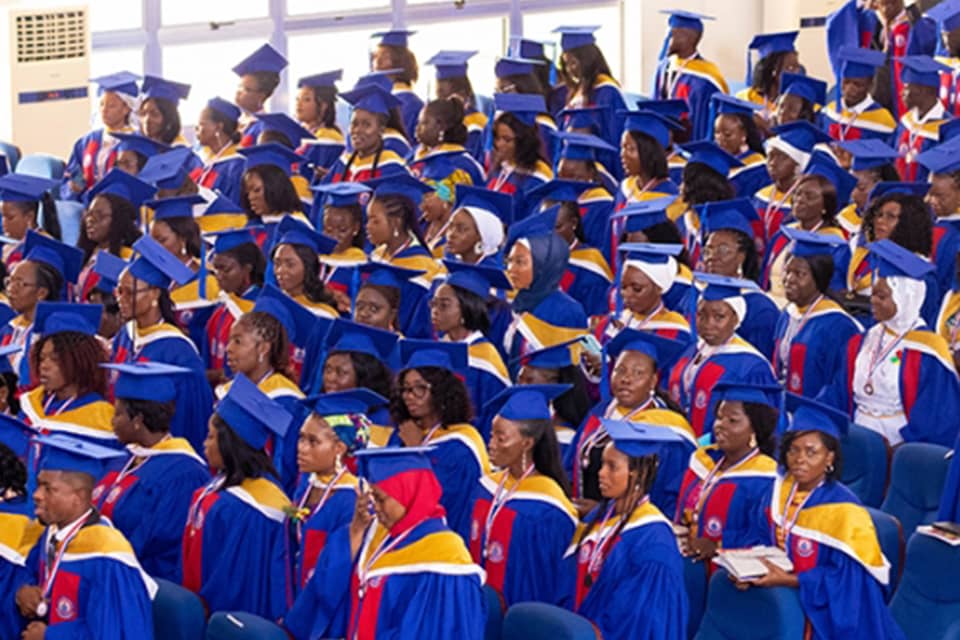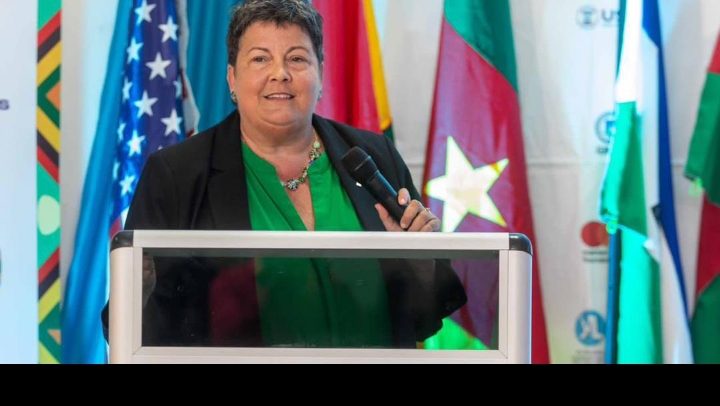


Mr Lu Kun, the Chinese Ambassador to Ghana, says about 6,500 Ghanaian students are studying in China, making Ghana the second highest in Africa.
Out of the 60,000 scholarships offered to foreigners by the Chinese Government, some 500 were offered to Ghanaians.
The Ambassador, speaking at an exhibition of the 24 top Chinese universities, held at the Confucius Institute of the University of Ghana, Legon.
He said: “China welcomes talented Ghanaian students to study in Chinese universities, experience China’s development, learn Chinese culture and make Chinese friends.”
Records show that the China Scholarship Council offers the highest number of scholarships globally, with an estimated 120,000 scholarships granted annually.
In 2022 alone, China received over 340,000 international students.
In the 2021-2022 academic year, a total of 4600 Ghanaian students studied in China.
Consequently, the China Higher Education Exhibition, founded in 1996 and organised by the China Scholarship Council (CSC), sought to attract more Ghanaian students for admission into Chinese universities.
The event was hosted by the CSC in collaboration with the Chinese Embassy in Accra, Ghana’s Ministry of Education, and the Confucius Institute of the University?of?Ghana.
Ambassador Kun, opening the Exhibition – the first of its kind in Ghana – said the Chinese Embassy would continue to support the academic pursuits of Ghanaian students in China.
He noted that more than 10,000 students of various levels were learning Chinese in Ghana.
“I believe many of you will come to China to study, work or even settle down and witness China’s rapid development,” he said.
Africa, the Ambassador said, remained a diplomatic priority for China, and that China would continue to be Africa’s largest trading partner beyond the 13 consecutive years it had partnered.
He, therefore, expressed optimism that the mission of deepening bilateral friendship and people-to-people exchanges, contributing to the China-Ghana relations and building China-Africa community with a shared future, would be strengthened.
The Ambassador said as the world underwent major unseen changes, human beings were facing multiple challenges, and that China would not stand idle but continue to strengthen cooperation with others to jointly build a human community with a shared future.
“President Xi Jinping put forward the Belt and Road Initiative, the Global Development Initiative, the Global Security Initiative, and the Global Civilisation Initiative. We want to make sure that no country is left behind in the process of global modernisation.”
Dr Yaw Osei Adutwum, the Minister of Education, whose speech was read on his behalf by Nana Baffour?Awuah, the Director of Pre-Tertiary at the Ministry of Education, reiterated that China’s higher education system had long been celebrated for its unwavering commitment to excellence, innovation, and inclusivity.
“With a rich tapestry of institutions that span the spectrum of disciplines, China has positioned itself as a global leader in higher learning,” the Minister said.
Dr Adutwum said, in the ever-evolving landscape of education, countries were confronted with unprecedented challenges and boundless opportunities – even though transformative power of higher education was not confined by borders.
Thus, he said, China’s higher education institutions had demonstrated unwavering dedication to nurturing well-rounded individuals who were not only proficient in their fields, but also equipped with the wisdom to navigate an increasingly complex world.
Professor Nana Aba Appiah Amfo, Vice Chancelor of the University of Ghana (UG), whose speech was read on her behalf by Prof Samuel Nii Ardey Codjoe, the Provost of the College of Education, UG, recognised Ghana’s long-standing relations with China, which had allowed many Ghanaians to study in China.
Cognisant of the importance of the socio-economic and cultural relations between Ghana and China, she said, it was imperative to train people with the requisite linguistic skills and cultural awareness to handle the communication aspect of this relationship.
The UG, consequently, introduced Chinese language as a course at the undergraduate level.
This, the Vice Chancellor said, led to the establishment of the Chinese Section at the Department of Modern Languages in 2010.
Following that, she said, the first Confucius Institute in Ghana was inaugurated in 2013 and started operations in 2014 when the first Ghanaian and Chinese Directors were appointed.
“This improved the opportunities for students in our undergraduate Chinese programme and others outside our programme to learn Chinese language and Culture.”
Thus, Prof Amfo stated, more students from the University were getting to study in China with varying levels of support from the China Scholarship Council as well as host universities.
Mr Sheng Jianxue, Secretary General, China Scholarship Council, said in 2022, more than 800,000 Chinese students studied abroad.
With China’s growing influence in international affairs, he said, China had become one of the most attractive destinations for international students.
Source: GNA
The post More than 6,500 Ghanaian students studying in China – Ambassador appeared first on Ghana Business News.
Read Full Story







Facebook
Twitter
Pinterest
Instagram
Google+
YouTube
LinkedIn
RSS